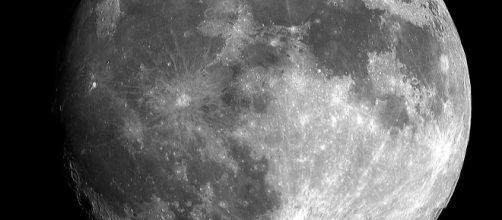Another startup has its eye on the moon. Moon Express is firm in completing its ambitious goal to send an unmanned spacecraft to the lunar surface before the end of 2017.
Like SpaceX, Moon Express is another private space flight company. But they became more controversial when they were awarded the permit to travel to the moon.
Mission to the moon
With the permission from the government, Moon Express also wants to send humans to the moon. But before it could happen, they are first planning to send an Unmanned Spacecraft to the Earth's satellite. The moon is considered a vital step in NASA's deep space exploration programs.
ESA is also considering building a "moon base" on the lunar surface.
Because of its proximity to the planet, the satellite could serve as a gateway or pit stop where spacecraft can refuel using the resources found on the lunar surface. This is why more and more agencies and private companies are aiming to reach and even mine resources on the moon. With almost half the year gone, CEO Robert Richards remains optimistic that their goal is still within reach.
It's a "very optimistic date given that the rocket has yet to achieve orbit and given we are still building our vehicle," Richards said in an interview with AFP.
The company joined Google Lunar X-prize in 2007 where the winning company will receive a $20 million prize.
To win the prize money, the entry should be owned by a private company and that they should successfully launch a spacecraft to the lunar surface before the end of 2017. With the permit in tow and the spacecraft underway, it seems like Moon Express indeed has a shot at the prize money.
Winning a competition
Although no manned mission is required for the contest yet, a smart robotic technology should be on board the spacecraft. Part of the condition is to move the spacecraft or the lander or a robot on board for about 500 yards on the lunar surface. This means the company needs to develop a spacecraft that could travel to the moon, a landing system that will enable it to land safely on the lunar surface and a robotic with arms or feet that will enable it to move on the surface of the moon.
The tight competition now has five finalists.
According to Phys.Org the rest of the finalists are team Hakuto from Japan, team SpaceIL from Israel, team Indus from India and team Synergy Moon, a brainchild of the collaboration of 15 different countries.
Richards is not just optimistic about their planned launch to the lunar surface. He is also confident that the company might win the prize which he calls "the icing on the cake."


